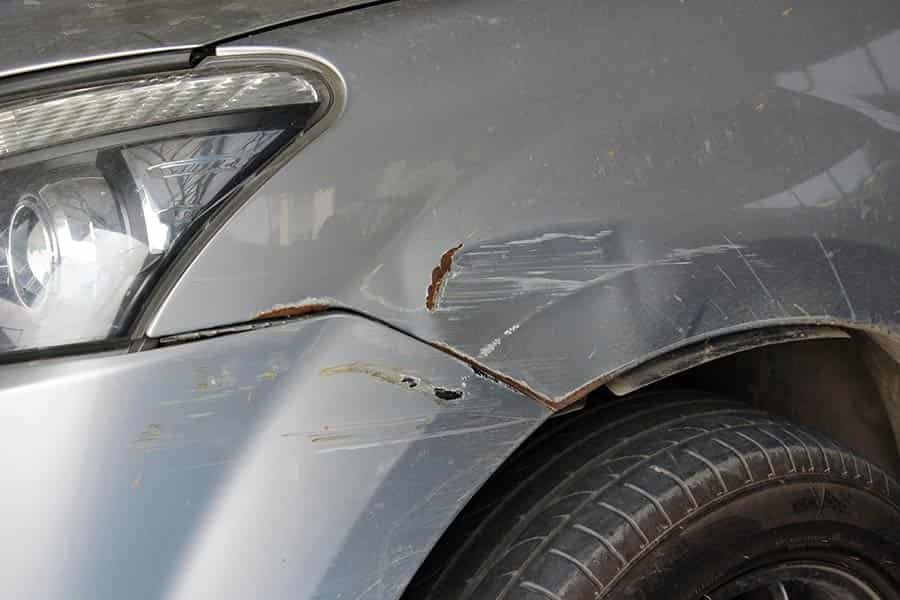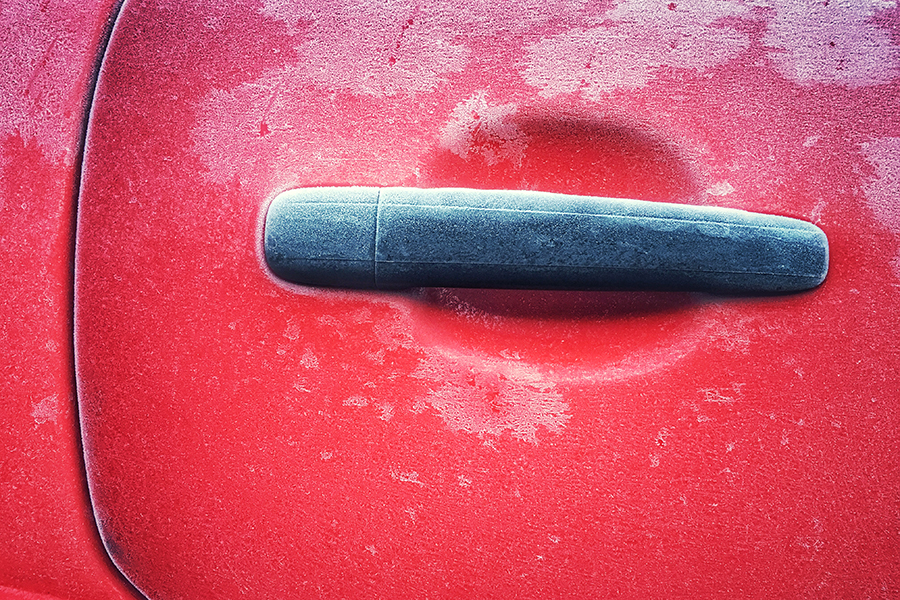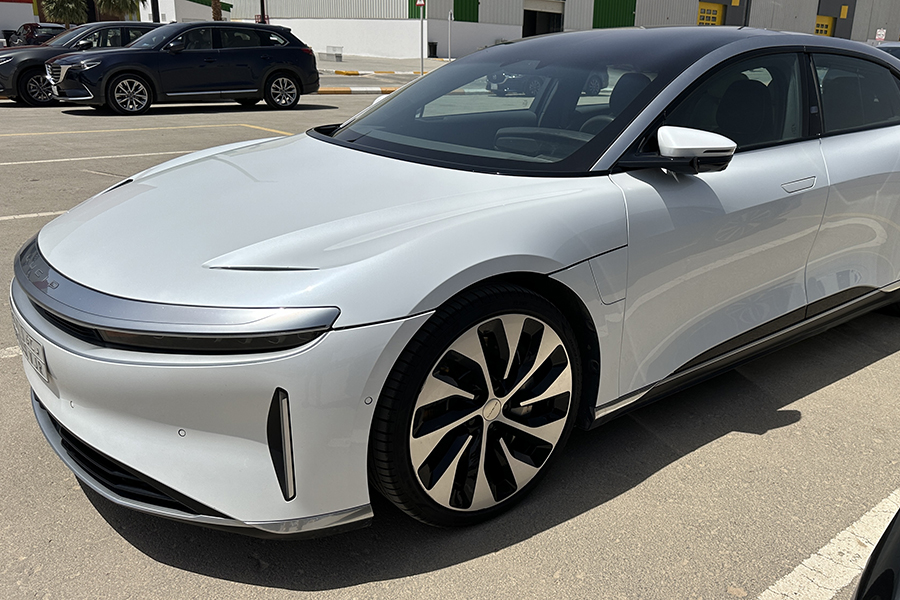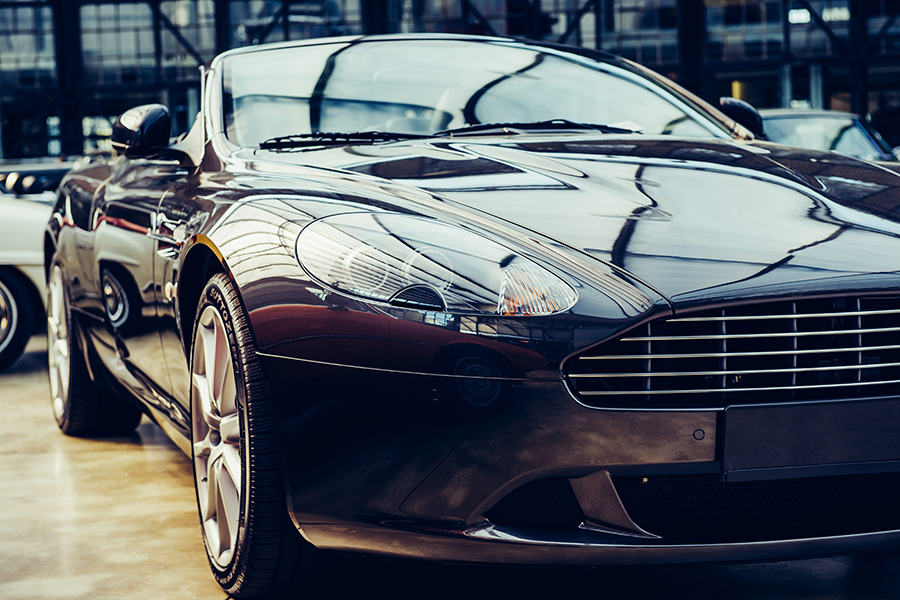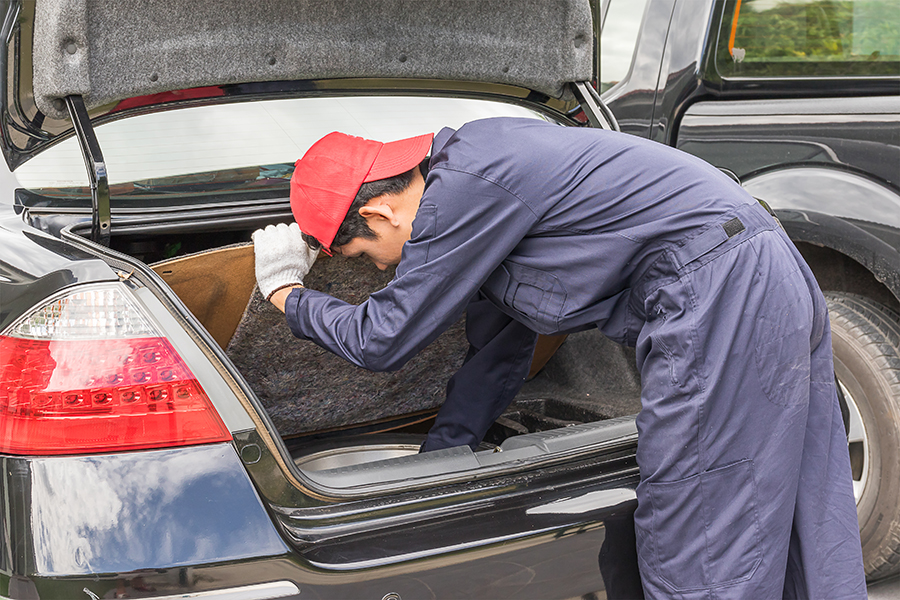Car rust is the enemy of your vehicle's longevity and aesthetics, silently attacking metal parts and compromising both safety and value. In contrast, car rust removal breathes new life into your ride, restoring its pristine condition and safeguarding against future decay. This post dives into the most effective strategies for banishing rust, ensuring your car not only looks its best but also operates at peak performance. Whether you're dealing with a few spots or widespread corrosion, we've got the insights to help you tackle the problem head-on.
Key Takeaways
- Rust on cars can lead to serious damage if not treated. Learn to spot early signs of rust to prevent bigger issues.
- Various DIY techniques, like using a vinegar solution, can remove small rust spots. Try them to save money.
- Regularly washing and waxing your car helps prevent rust by removing salt and dirt that cause corrosion.
- Not all rust treatments are the same. Choose one based on the severity and location of the rust.
- For major rust problems, it's best to get professional help. This ensures the job is done right and can save you from future costly repairs.
- By taking steps to prevent rust and acting quickly when it appears, you can keep your car in good condition and maintain its value.
Understanding Rust on Cars
Causes of Rusting
Moisture and oxygen are the main culprits behind rust on car metal. When these elements meet, they start a reaction that leads to rust. Salt and chemicals from the road can speed up this process. They act like catalysts, making rust form faster.
Paint damage is another big problem. It exposes metal to moisture, oxygen, salt, and chemicals. This makes it easier for rust to start.
Identifying Rust Types
There are three main types of rust: surface rust, scale rust, and penetrating rust. Surface rust affects only the top layer of paint and metal. Scale rust goes deeper, affecting more of the metal. Penetrating rust is the worst kind. It eats through metal, causing serious damage.
Each type has visual cues. Surface rust looks like small patches of orange or red. Scale rust creates larger areas of damage. Penetrating rust causes holes in the metal. Catching rust early can stop it from spreading.
Understanding Rust Formation
Rust forms when iron, oxygen, and water mix together. This chemical reaction creates iron oxide, which we call rust. Warmth and humidity make this process go faster.
Over time, rust can weaken metal structures on a car. This makes them less safe.
Recognizing Rust Stages
Rust starts with discoloration and minor pitting on the car's surface. Then it progresses to flaking and scaling. Eventually, it can cause holes in the metal.
It's important to deal with rust early on. This stops it from getting worse.
Rust Removal Techniques
Surface Rust Treatment
Treating surface rust involves a few steps to ensure the metal is protected. First, sanding the affected area gently removes the rust. It's crucial not to damage the surrounding paint. After sanding, applying a rust inhibitor prevents further corrosion.
Once the area is treated, painting over it with color-matched paint restores its appearance. Finally, applying protective wax seals the repair, keeping moisture out. This step is vital for long-term protection.
Addressing Deep Rust
Deep rust requires more aggressive treatment. Often, the only solution is to cut out the rusted metal and weld in new metal. This process ensures that the rust does not spread.
For areas that cannot be easily replaced, chemical rust removers offer a solution. They can penetrate deep into crevices, dissolving rust without harming unaffected metal. After treating deep rust, sealing and protecting the repaired areas are crucial to prevent recurrence.
Professional Rust Repair
etimes, DIY methods are not enough for extensive or structural damage. Seeking professionals ensures access to professional-grade tools and expertise in rust removal.
Professionals guarantee quality and durability in repairs. They have experience with different types of rust damage and can advise on the best course of action.
DIY Rust Removal Methods
For minor issues, DIY methods like sanding and grinding effectively remove surface rust. Chemical rust removers also play a role in tackling more stubborn areas.
A combination of mechanical and chemical methods often yields the best results for DIY enthusiasts. However, it's important to follow safety guidelines when using these methods.
Preventing Rust Formation
Regular Washing and Waxing
Regular washing of your car is crucial. It removes salt and dirt that can cause rust. Washing should happen every two weeks or more often in winter.
Waxing adds a protective barrier against moisture and pollutants. Experts recommend waxing your car every six months to keep it safe from rust.
Sealing and Protection
After washing, applying sealants can further protect your car. These products work best on clean, dry surfaces. They shield against rust.
Undercoating the undercarriage is another step for protection. It helps especially in areas with snow and salt on roads. Cars need this protection reapplied regularly for it to work well.
Maintaining Rust Prevention
Check your car often for any scratches or damage. These can lead to rust if not addressed. Make sure drain holes are clear too. This prevents water from collecting inside the car.
Storing vehicles in dry, covered places also helps prevent rust. This reduces exposure to elements that cause rust.
Immediate Scratch and Dent Repair
Fixing scratches and dents quickly is important to avoid rust. For small damage, DIY repair kits can work well. Bigger issues might need professional help.
Using touch-up paint on exposed metal helps prevent rust. Do this as soon as you notice any damage.
Choosing the Right Rust Treatment
Rust Prevention Products
Several products can prevent rust, such as coatings, sprays, and sealants. Each has its benefits. Coatings offer a durable barrier against moisture. Sprays are easier to apply in hard-to-reach areas. Sealants provide a strong protective layer. However, coatings can be costly. Sprays may need frequent reapplication. Sealants require careful application for effectiveness.
Proper application is crucial for these products to work. Follow the manufacturer's instructions closely.
Undercarriage Protection
The undercarriage is often overlooked but vital to protect, especially in areas where roads are salted in winter. Salt accelerates rusting significantly.
Regular washes help remove salt and debris from the undercarriage. For long-term protection, consider applying an undercoating product. It forms a protective barrier against moisture and debris.
Body Panel Care
Inspect body panels often for early signs of rust or damage. Repair any damage quickly to stop rust from forming.
There are protective products designed specifically for body panels. They help shield the paint and metal from environmental factors that cause rust.
Seeking Expert Advice
Consulting with professionals is wise for evaluating rust damage and repair options. They can offer recommendations tailored to your car's needs.
Experts provide valuable insights on preventing future rust issues. Their assessments ensure your vehicle remains safe and well-maintained over time.
When to Seek Professional Help
Evaluating Rust Damage
To understand the severity of rust damage, inspect all parts of your vehicle. Look for signs that the rust has penetrated deep into the metal. This kind of damage often affects the car's strength and safety.
If you find severe rust, weigh the cost of repairs against replacing the part. Sometimes, new parts are cheaper in the long run. Always get more than one opinion on how bad the damage is. This ensures you have a full picture before deciding.
Professional Repair Services
Professionals offer a range of services including rust removal, repair, and prevention methods. They use special tools and techniques that aren't usually available to DIY enthusiasts. This can make a big difference in the quality of the work.
One major benefit of professional help is warranties or guarantees on their work. These can give you peace of mind knowing that your investment is protected.
Cost Considerations
Comparing costs between doing it yourself and hiring professionals is important. The price can vary greatly based on how much rust there is and what materials you choose. Remember, investing in regular maintenance can save money by preventing major rust issues later.
Finding a Trusted Specialist
Look for specialists with good reviews and proper certifications. Their experience can mean a better outcome for your car. Always compare quotes and services to ensure you're getting great value for your repair needs.
Closing Thoughts
Rust can turn your car from a sleek ride to a sorry sight faster than you might think. You've learned about spotting rust early, different ways to get rid of it, and how to keep it from coming back. Choosing the best treatment depends on your situation, but remember, acting quickly is key. If rust has taken a serious toll, professional help might be your best bet. Taking care of rust not only keeps your car looking good but also preserves its value and safety. Don't wait until it's too late; tackle rust the moment you spot it.
Got rust issues? Now's the time to act. Use these tips to kick rust to the curb and keep your ride in top shape. Your car deserves it, and so do you. Let's get that metal shining again!
Frequently Asked Questions
What causes rust on cars?
Rust on cars is primarily caused by the reaction between iron in the car's metal and oxygen from water or moisture, leading to oxidation.
Can I remove rust from my car myself?
Yes, minor rust can be removed with DIY techniques like sanding, applying rust remover, and repainting, but ensure you follow proper guidelines.
What are some effective rust removal techniques?
Effective techniques include mechanical removal (sanding), chemical removers, and conversion coatings. Each method suits different levels of rust severity.
How can I prevent my car from rusting?
Prevent rust by regularly washing your car, especially in winter months to remove salt, applying a protective wax coating, and promptly treating any scratches or chips.
When should I choose professional rust treatment over DIY methods?
Seek professional help when rust has penetrated deeply into the car's body or structural parts, as improper treatment can cause further damage.
Is it worth removing rust from an old car?
Yes, removing rust from an old car can extend its life, improve its appearance and resale value. However, assess the extent of damage first.
How often should I check my car for signs of rust?
Regularly inspect your car for rust at least twice a year, focusing on areas prone to moisture accumulation like undercarriages and wheel wells.
